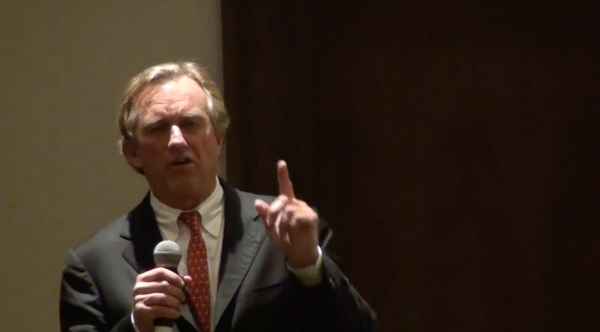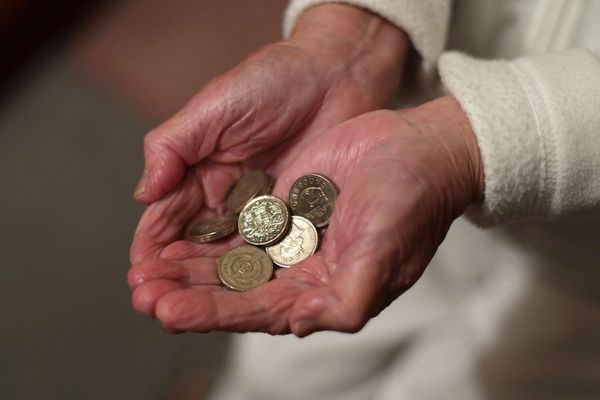
Russia’s attack on Ukraine poses a dilemma for the UK government and the Bank of England with an obvious answer.
The dilemma centres on the cost of living crisis, which is only going to worsen now that gas prices are on course to rocket again and oil prices along with them.
Within seconds of the first reports from Ukraine of the invasion, traders were hiking the cost of gas back towards levels seen in December last year. That was the month prices reached nine times the five-year average, before falling back to five times the average in January.
Analysts have warned that household gas and electricity bills could rise by a further £600-£1,000 a year – to as much as £3,000 – if wholesale gas prices are kept high by an ongoing war.
Petrol prices, which in January appeared to have passed their peak when they began falling towards £1.40 a litre, are heading back to record highs of £1.50 and beyond. In some parts of the country, they have already exceeded £1.60 a litre.
A surge in energy costs has put inflation on track to hit 7% or 8% by the spring, and possibly higher in the summer, eating into the disposable incomes of middle earners and pushing many of those on low wages into poverty.
The combined effect on the bottom two-thirds of households will be to slow the economy, which has come to depend to a disturbingly high degree, during a decade or more of public spending cuts, on consumer spending.
Rishi Sunak is planning to make the cost of living crisis worse by increasing taxes – national insurance will rise by 1.25% in April and income tax will rise via a freeze on thresholds, bringing more people into paying tax at the standard rate and more people paying higher-rate tax.
The Bank of England has its own scheme to increase the costs of borrowing for tens of thousands of small and medium-sized business, and millions of mortgage payers, who face higher-cost loans in the near future if not straight away.
Before the Russian invasion of Ukraine, financial markets were expecting interest rates to rise by at least one percentage point this year. Some City economists believed Threadneedle Street was on course to increase the base rate to 2% by the middle of next year.
With inflation soaring, taxes rising and interest rates climbing higher, no wonder the GfK consumer confidence index for February slumped to -26. This was its lowest level since February last year and not far from its worst ever level of -34 when the pandemic took hold in April and May 2020. In February 2020 it stood at -7.
It’s true that plenty of people are plotting how to fly on holiday to spend their pandemic savings, but they are in a minority, albeit a large one. Most people are reeling from forecasts from their energy suppliers of an extra £700, £800 or £900 on their energy bills this year, made before the war began.
Should the Bank of England press ahead with interest rate rises to quell even higher inflation? Should Sunak shoot holes in everyone’s take-home pay in April to rebuild the public finances? The answers must be no and no.
Even staff at the International Monetary Fund, who gave their verdict on the UK economy last week and are not known for any socialist tendencies, said the tax burden should shift to higher earners to allow the Treasury to offer more support for those on middle and low incomes.
The Washington-based lender of last resort, which this week will be confronted by a separate dilemma when it considers a request from Ukraine’s government for financial assistance, knows it would be foolish for British ministers to plough on when, without offering extra financial support to the worst hit, the energy crisis could push the economy into recession.
As for the Bank of England, it will need to let inflation rise without increasing interest rates, knowing that the likelihood of a huge squeeze on living standards will on its own bring down demand and reduce pressure on prices.
It will be difficult for the anti-inflation warriors inside Threadneedle Street to leave prices to rise and fall without taking action, but extra borrowing costs in the current environment, coupled with tumbling consumer spending, would make a recession next year almost certain.
It may seem callous to debate the economic situation in the UK when soldiers and civilians are dying. But it won’t help the people of Ukraine if British policymakers, along with their blinkered counterparts in the US and EU, drive the west into recession.
Thankfully, there is every prospect that the US Federal Reserve will resist pushing interest rates higher at its next meeting, and the Bank should follow suit. It would send a positive signal: that at least the central banks understand.







